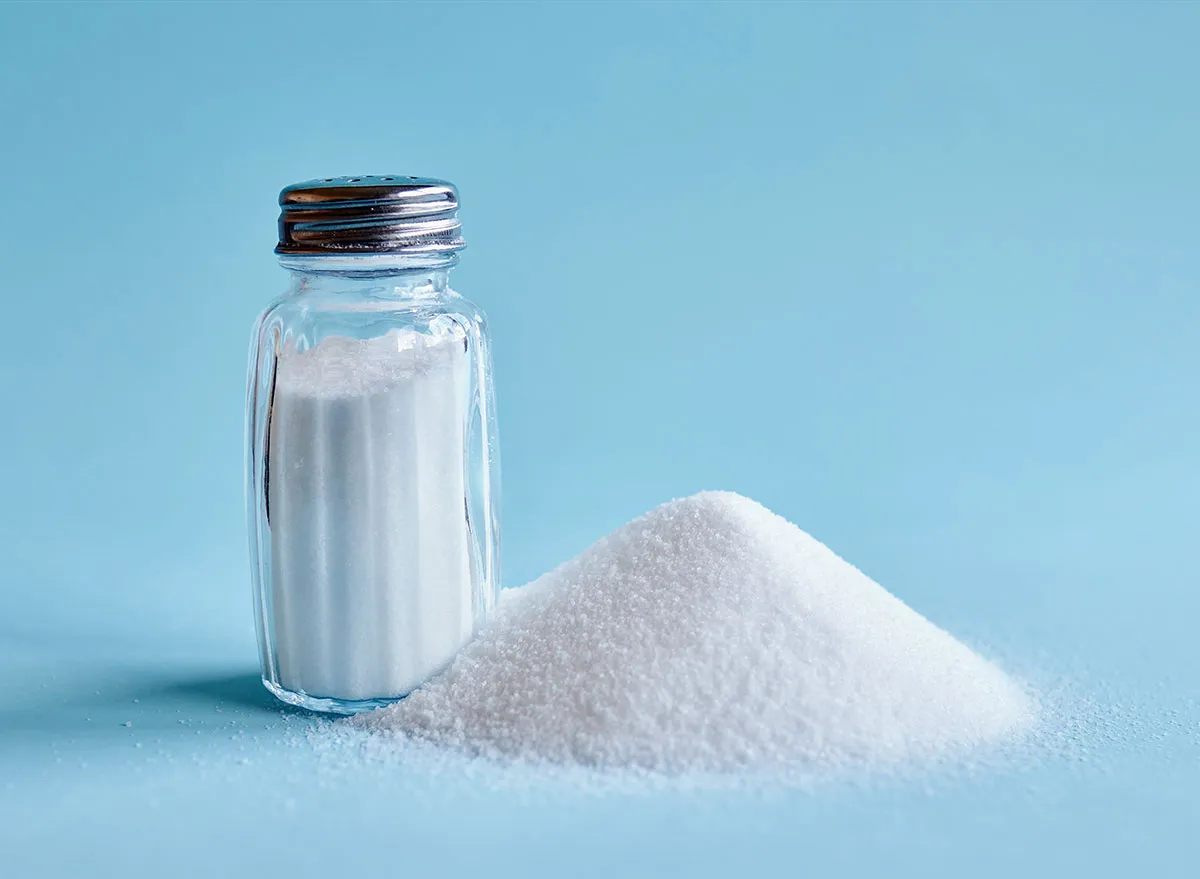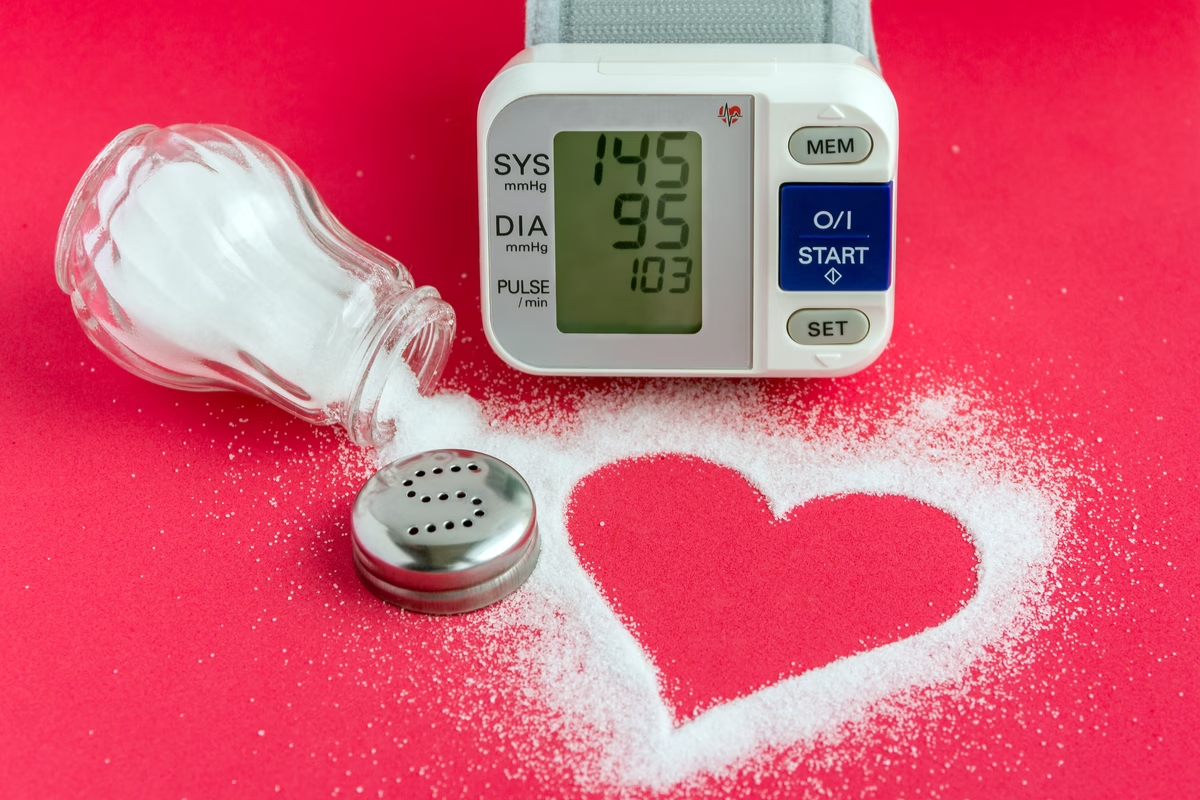A public health group is raising the alarm that Nigerians are consuming far too much salt in their diets, putting them at serious risk of major health issues like high blood pressure, heart disease, and stroke.
The Network for Health Equity and Development (NHED), a non-profit advocacy organisation, says the average Nigerian consumes 10 grams of salt per day. That is above double the recommended maximum of 5 grams set by the World Health Organisation (WHO).
“In Nigeria, we are eating twice as much sodium as the global limit advises,” said Dr. Jerome Mafein, a project advisor at NHED. “Overconsumption of salt is directly linked to cardiovascular diseases that can prove deadly.”

The NHED is launching a campaign urging the government to regulate salt levels in processed foods made by the nation’s food industries. They want manufacturers to cut back the sodium content to meet WHO guidelines.
“Reducing salt intake to under 5 grams per day would save around 2.5 million lives globally each year,” Mafein stated. “It’s one of the most cost-effective ways to improve public health.”
Dieticians warn that too much sodium leads to high blood pressure and kidney troubles by causing the body to retain excess water. Over time, the strain increases risks of heart attacks and strokes.
In 2013, the WHO set a goal for countries to reduce population salt intake by 30% before 2025. But a recent report shows the world is not on track to meet that target.
NHED’s country director, Dr. Emmanuel Sokpo, says the group will collaborate with Nigeria’s food regulation agency to push for mandatory salt limits on processed foods sold nationwide.
“This campaign aims to safeguard the health of all Nigerians,” Sokpo said. “The food industry must be part of the solution.”


